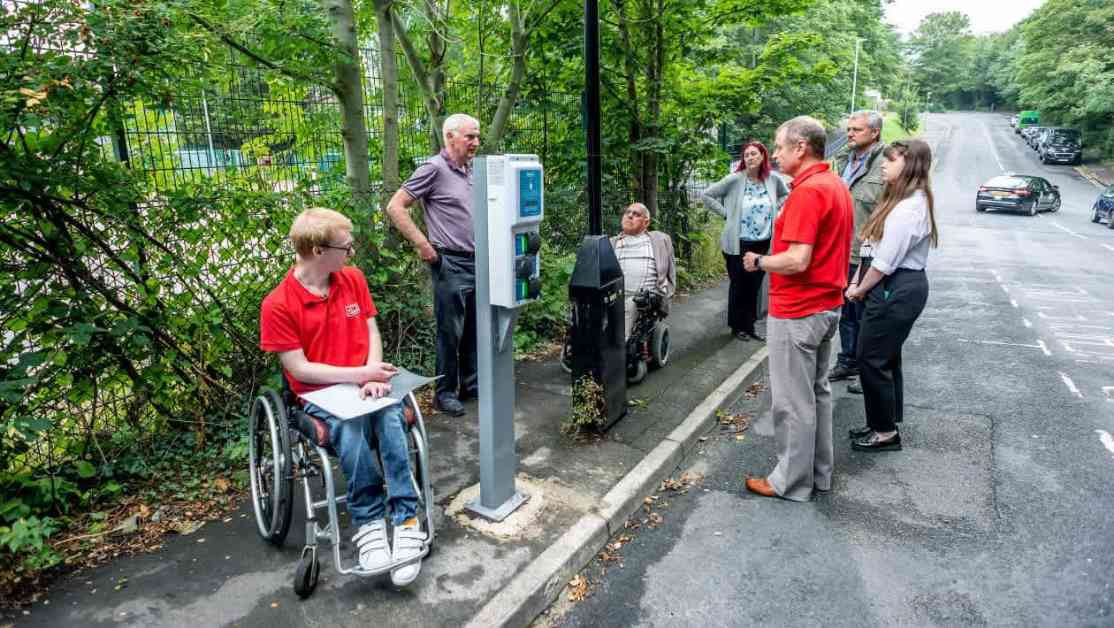Only 2.3 per cent of the UK’s on-street electric car chargers have been designed to accommodate disabled people. This information comes from a survey conducted by Vauxhall on 223 local councils for the Electric Streets of Britain campaign. Out of the 19,546 on-street chargers within council jurisdictions, only 450 have been adapted specifically for disabled drivers. This is a small number considering the introduction of the PAS 1899 accessibility standard in 2022.
Even though the government and the charge point industry emphasized PAS 1899 as a turning point for disabled access, the survey results paint a different picture. Only 238 public chargers meet the government-backed voluntary guidance, and a mere 105 chargers are located in disabled parking bays out of the over 19,000 chargers surveyed. In London, while over 60 per cent of the nation’s on-street chargers are installed, none are reported to be adapted for disabled users, with only 12 located in disabled parking bays out of 11,747 chargers.
Auto Express previously highlighted the shortcomings of the PAS 1899 draft regulations and campaigned for improvements. After the intervention, PAS 1899 included new limits on the forces required to handle charge cables for a charger to be deemed accessible. However, the government opted for a voluntary approach rather than mandatory regulation, which has now proven to be insufficient, according to the latest data.
With over 16 million disabled individuals in the UK, it is essential to address the lack of accessibility in EV charging infrastructure. Motability estimates that 1.35 million disabled drivers will rely on public EV charging by 2035. James Taylor, Vauxhall’s managing director, emphasizes the immediate attention needed in making electric vehicle charging infrastructure more accessible.
The dismal state of affairs has prompted calls from Disability Rights UK for mandatory accessibility standards. They argue that inclusive planning and involvement in policy and design discussions are crucial for enabling disabled drivers to switch to electric vehicles without facing restrictions.
Dan White, policy and campaigns officer at Disability Rights UK, highlights the need for accessibility standards to be legally enforced. Many disabled drivers are finding their freedom to drive restricted due to inaccessible charging points, further limiting their rights to travel. White calls for a design standard that is inclusive and accessible to all users, emphasizing the importance of involving those who would need to use it in the design process.
In conclusion, the current lack of accessibility in on-street electric car chargers poses significant challenges for disabled drivers. Mandatory regulations and inclusive design practices are crucial to ensure that all individuals, regardless of ability, can access and use EV charging infrastructure effectively. The push for accessibility standards to be legally enforced is essential in creating a more inclusive and accommodating environment for all users of electric vehicles.










